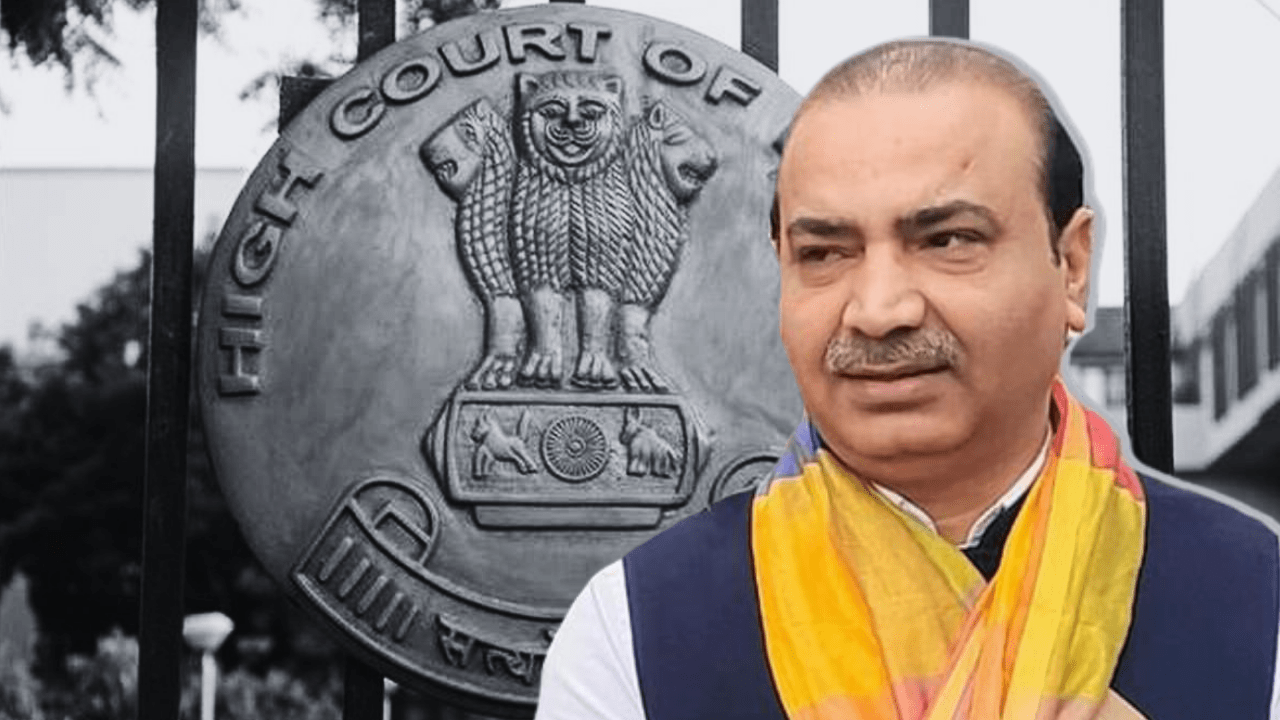The Delhi High Court on Tuesday asked the centre to respond to a plea seeking to introduce a common syllabus for the students in Madrasas and Vedic schools across the country.
The plea, filed before the Delhi High Court sought the Centre’s reply, challenging certain provisions of the Right to Education Act, 2009, for allegedly being arbitrary and irrational.
The two-judge bench, led by Chief Justice DN Patel and Justice Jyoti Singh, issued notices to the Union ministries of Education, Law and Justice and Home Affairs on the petition and listed the matter for further hearing on March 30.
The PIL said the existence of Sections 1 (4) and 1 (5) of the RTE Act and the absence of a standard curriculum in the native language leads to the fostering and perpetuation of ignorance and delays the attainment of fundamental duties.
“The Union must effectuate a common education system, but it has failed in the fulfilment of this necessary obligation as it has simply adopted the pre-existing National Curriculum Framework (NCF) of 2005”, said advocate Ashwini Upadhyay in the HC.
Upadhyay, a BJP leader had been arrested in connection with the raising of anti-Muslim threats in the forms of slogans during a demonstration at the Jantar Mantar. He was released a day later on bail.
The plea challenged the provisions under the RTE Act, which excludes madrasas, Vedic pathshalas and educational institutions imparting religious knowledge within its ambit.
“The injury caused to children is extremely large because rather than implementing a common education system for all the children up to 14 years…the Centre inserted sections 1(4) and 1(5) to deprive educational excellence to madrasas, Vedic pathshalas and educational institutions imparting religious instruction.
“The Petitioner submits that Sections 1(4) and 1(5) not only offend Articles 14, 15, 16, 21, 21A but are also contrary to Articles 38, 39 and 46 and Preamble,” reports The Print.
It also highlighted section 1(4) of the RTE act that says, “Subject to the provisions of Articles 29 and 30 of the Constitution, the provisions of this Act shall apply to conferment of rights on children to free and compulsory education.” Section 1 (5) of the Act states “Nothing contained in this Act shall apply to Madrasas, Vedic Pathshalas and educational institutions primarily imparting religious instruction.”
Saying that the system at present doesn’t give equal opportunities to all the children as the syllabus and curriculum varies for each stratum of society, the plea further said, “It is necessary to state that the purposive and harmonious construction of Articles 14, 15, 16, 21, 21A with Articles 38, 39, 46 confirms that education is a basic right of every child and the state cannot discriminate against this most important right”.
The right of a child should not be restricted only to free education but must be extended to have equal quality education without discrimination on the ground of the child’s social, economic, and cultural background, read the plea.
The plea, however, went on to say the court may declare Sections 1(4) and 1(5) arbitrary, irrational and violative of Articles 14, 15, 16 and 21 and direct the Centre to implement a standard syllabus and common curriculum for the students of I-VIII standard throughout the country.
The petition said that a standard minimum education programme for children up to 14 years would achieve the code of shared culture, removal of disparity and depletion of discriminatory values in human relations.












































